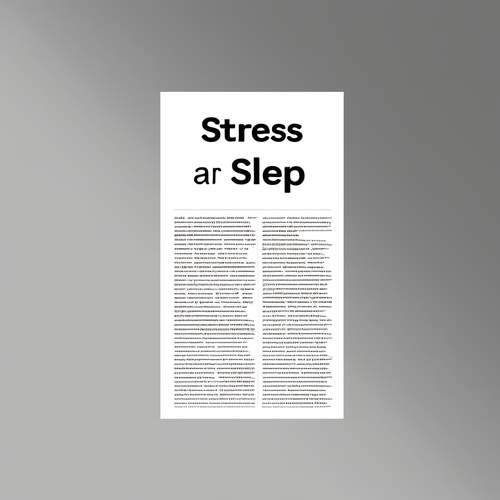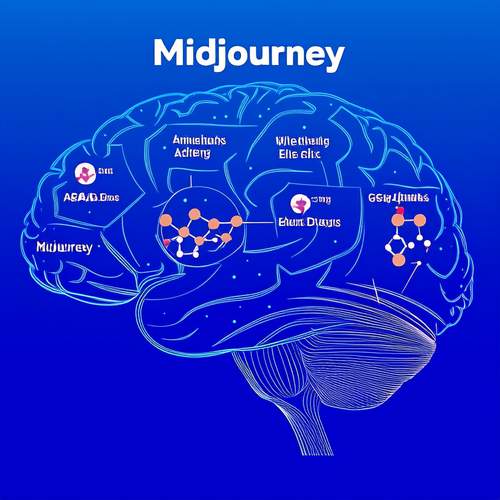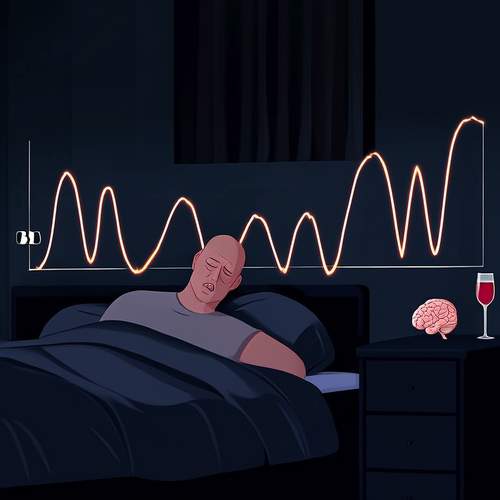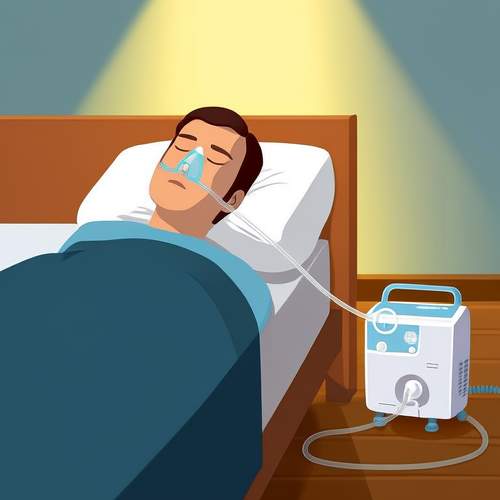In today's fast-paced world, stress has become an almost inevitable part of daily life. From demanding work schedules to personal responsibilities, the pressures we face can significantly impact our overall well-being, particularly our sleep. The relationship between stress and sleep is complex, with each influencing the other in ways that can create a vicious cycle. Understanding this dynamic is crucial for anyone looking to improve their sleep quality and, by extension, their health.
The Science Behind Stress and Sleep
When we experience stress, our bodies activate the "fight or flight" response, releasing hormones like cortisol and adrenaline. These hormones are designed to prepare us for immediate action, but when stress becomes chronic, they can disrupt our natural sleep-wake cycle. Cortisol, often referred to as the "stress hormone," typically follows a diurnal pattern—highest in the morning to help us wake up and gradually declining throughout the day. However, chronic stress can lead to elevated cortisol levels at night, making it difficult to fall asleep or stay asleep.
Moreover, stress triggers the sympathetic nervous system, which keeps the body in a state of heightened alertness. This physiological arousal is the opposite of what we need for restful sleep. Instead of relaxing into a peaceful slumber, our minds race with worries, and our bodies remain tense. Over time, this can lead to insomnia or other sleep disorders, further exacerbating stress levels and creating a self-perpetuating cycle.
The Emotional Toll of Sleep Deprivation
Lack of sleep doesn’t just leave us feeling groggy; it also affects our emotional resilience. Research has shown that sleep deprivation impairs the brain's ability to regulate emotions, making us more susceptible to stress, anxiety, and even depression. When we’re sleep-deprived, the amygdala—the part of the brain responsible for processing emotions—becomes hyperactive, while the prefrontal cortex, which helps regulate those emotions, becomes less effective. This imbalance can make everyday stressors feel overwhelming.
Furthermore, poor sleep can diminish our ability to cope with challenges, leading to a heightened perception of stress. Small inconveniences that might otherwise be brushed off can feel like major setbacks when we’re running on insufficient sleep. This emotional volatility not only affects our mental health but can also strain relationships and reduce overall life satisfaction.
Breaking the Cycle: Strategies for Better Sleep
While it may seem daunting, breaking the stress-sleep cycle is possible with intentional effort. One of the most effective strategies is establishing a consistent sleep routine. Going to bed and waking up at the same time every day—even on weekends—helps regulate the body’s internal clock. Pairing this with a relaxing pre-sleep ritual, such as reading or taking a warm bath, can signal to the body that it’s time to wind down.
Mindfulness practices, such as meditation or deep breathing exercises, can also be powerful tools for managing stress and improving sleep. These techniques activate the parasympathetic nervous system, which counteracts the stress response and promotes relaxation. Even just a few minutes of mindful breathing before bed can make a noticeable difference in sleep quality.
The Role of Lifestyle Choices
Beyond bedtime routines, daily habits play a significant role in how stress affects sleep. Regular physical activity, for example, has been shown to reduce stress hormones and improve sleep duration and quality. However, timing is key—exercising too close to bedtime can have the opposite effect, so it’s best to finish workouts at least a few hours before sleep.
Diet also matters. Consuming caffeine or heavy meals late in the day can interfere with sleep, while foods rich in magnesium, such as leafy greens and nuts, may promote relaxation. Additionally, limiting screen time before bed is essential, as the blue light emitted by devices can suppress melatonin production, the hormone responsible for sleep.
Seeking Professional Help
For those who find that stress and sleep problems persist despite their best efforts, seeking professional help may be necessary. Cognitive-behavioral therapy for insomnia (CBT-I) is a highly effective treatment that addresses the thoughts and behaviors contributing to sleep difficulties. Therapists can also provide tools for managing stress in healthier ways, reducing its impact on sleep.
In some cases, underlying medical conditions, such as sleep apnea or anxiety disorders, may be contributing to the problem. A healthcare provider can help identify and treat these issues, offering relief and restoring restful sleep. Remember, prioritizing sleep isn’t a luxury—it’s a fundamental component of overall health and well-being.
Final Thoughts
The interplay between stress and sleep is undeniable, but it’s not insurmountable. By understanding how stress affects sleep and implementing strategies to mitigate its impact, we can reclaim restful nights and more productive, fulfilling days. Small changes, practiced consistently, can lead to significant improvements in both sleep quality and stress levels. After all, a good night’s sleep isn’t just about rest—it’s about giving ourselves the foundation to thrive in every aspect of life.

By /May 22, 2025

By /May 22, 2025

By /May 22, 2025

By /May 22, 2025

By /May 22, 2025

By /May 22, 2025

By /May 22, 2025

By /May 21, 2025

By /May 21, 2025

By /May 21, 2025

By /May 21, 2025

By /May 21, 2025

By /May 21, 2025

By /May 21, 2025

By /May 21, 2025

By /May 21, 2025

By /May 21, 2025